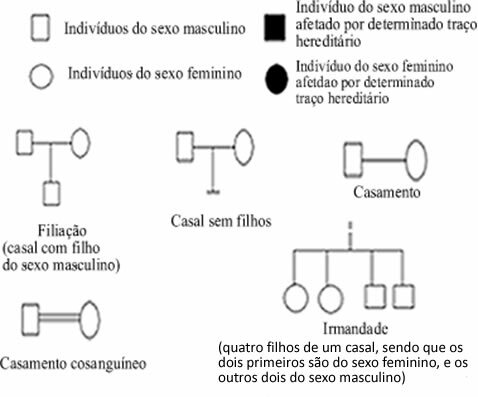The history of Biology dates back to prehistory, when man began to observe and realize in his daily life that plants had a right time of year for fruiting, which plants were poisonous and which were not, which fruits could be eaten and which ones could not could. In this daily practice, man learned a lot about biology.
In Egypt, the technique used for embalming corpses already required a great deal of knowledge about the properties of plants and vegetable oils. Since ancient times, people have observed and wanted to know more about the various forms of life, as they knew that allied to them they could live better.
In the IV century; Ç. the naturalist Aristotle began to observe and study the most diverse forms of life. He discovered many things that were a source of research for centuries. He observed, divided and classified the animals “with blood” and “without blood”. He noticed the presence of analogous and homologous organs and observed the evolutionary adaptation of animals and plants.
In the Middle Ages, Alberto the Great wrote documents on observations of plants and animals, and, in the 14th century, several scientists began dissections on human cadavers, which made human anatomy progress. considerably.
Do not stop now... There's more after the advertising ;)
In 1650, with the discovery of the microscope by Antony van Leeuwenhoek, scientists and curious people were able to deepen their studies in biology. In 1735, Linnaeus, based on the morphological similarities of plants and animals, created the taxonomic system and the nomenclature of living beings, which is still used today, but with some modifications. In 1809, Lamarck he took it a step further when he published a book on the evolution of species, and in 1859, Charles Darwin, also an evolutionist, published a book on the origin of species, which is accepted until today as an explanation for the evolution of species.
In 1866, Gregor John Mendel, in experiments with peas, discovered heredity, and is now considered the father of genetics.
With the discovery of the electron microscope, several cell structures hitherto unknown became studied, and Watson and Crick had the opportunity to find out about the DNA double helix and the code genetic.
In the past, many scientists have contributed information and observations that today's scientists take into account in their research. Biology is a very rich and broad science, and it will be the target of doubts and discoveries forever.
Paula Louredo
Graduated in Biology
Would you like to reference this text in a school or academic work? Look:
MORAES, Paula Louredo. "History of Biology"; Brazil School. Available in: https://brasilescola.uol.com.br/biologia/historia-da-biologia.htm. Accessed on June 27, 2021.


